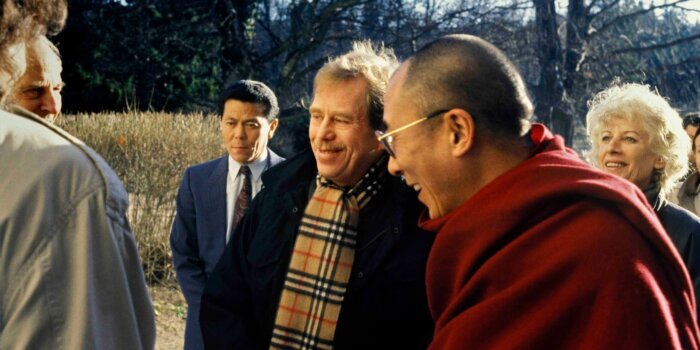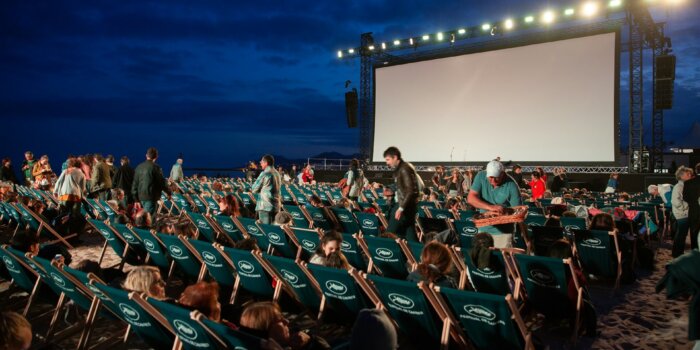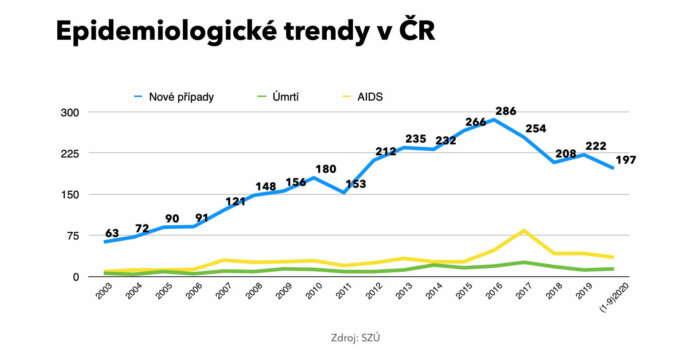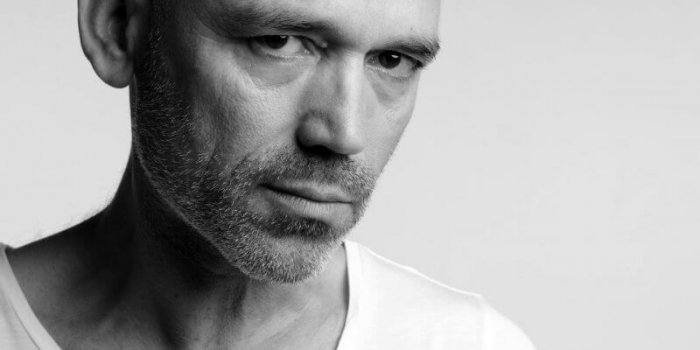Gardeners and carpenters: the ‘skill’ of parenting
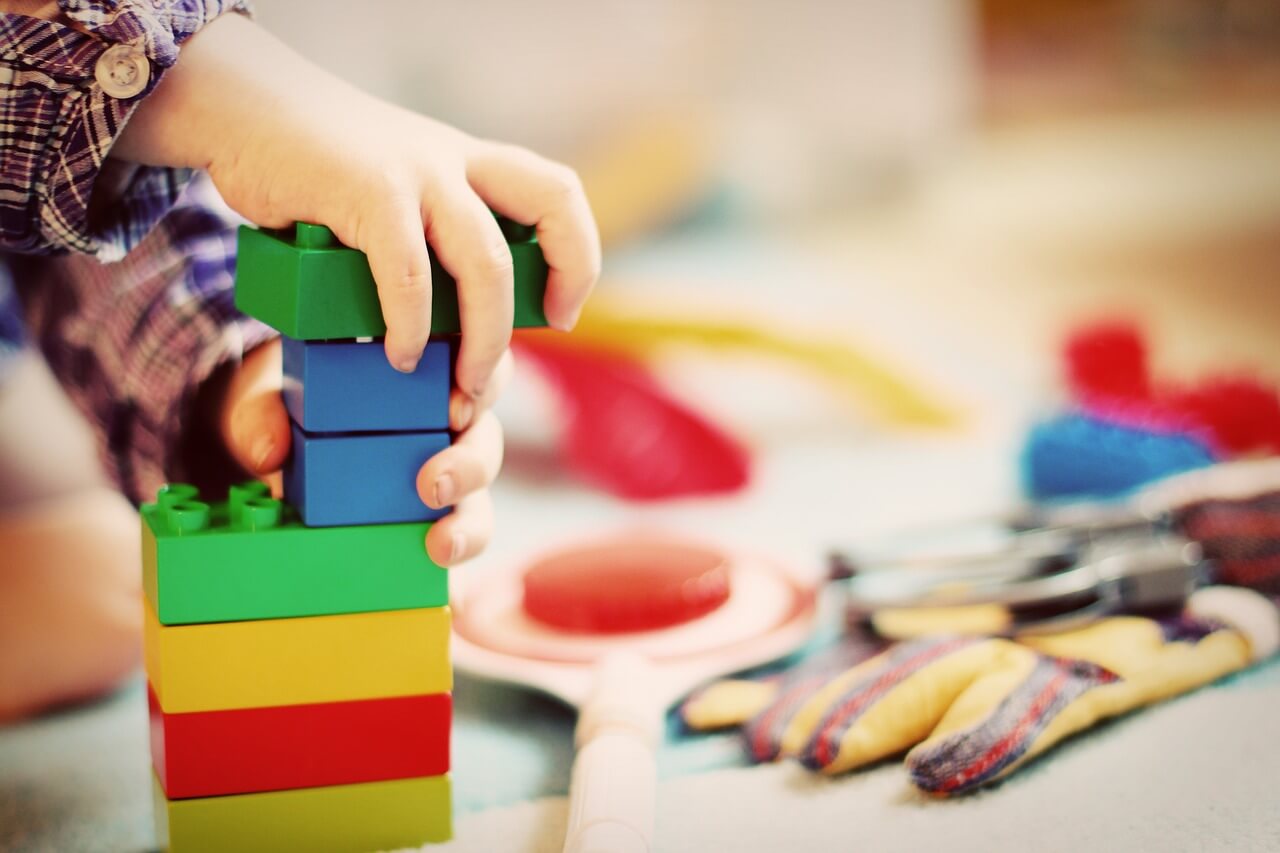
Wanting your child to have the best chance in life is natural for any parent. But by focusing too much on the ‘skill’ of parenting, are we losing sight of things that matter more – how we talk to and play with children? Cambridge researchers are examining how parents can best help their children in their early years through nurturing rather than shaping.
Professors Claire Hughes and Paul Ramchandani have spent their adult lives studying children. Both are fascinated by the complicated jigsaw of early child development. “Such a lot happens in pregnancy and the first few years of life: the child’s brain and physical development, the acquisition of new skills and knowledge, it’s utterly transforming,” says Ramchandani, Cambridge’s first LEGO Professor of Play.
But while we know much about what goes on, we understand far less about how the outside world shapes this transformation – knowledge we need as parents, practitioners and policymakers to provide environments that help children thrive.
It’s clear, for instance, that our mothers, fathers and families affect our lives and the people we become, but has understanding the importance of parent–child relationships led to modern-day parenting approaches that stifle rather than help a child to flourish?
“Think carpenters and gardeners,” says Hughes, referring to a book by American psychologist Alison Gopnik published in 2016. “Gopnik’s theory is that parents who behave like carpenters mould their child by a deliberate, organised and focused influence on their development; those who behave like gardeners create a safe, nurtured and free environment that helps their child to shape themself.”
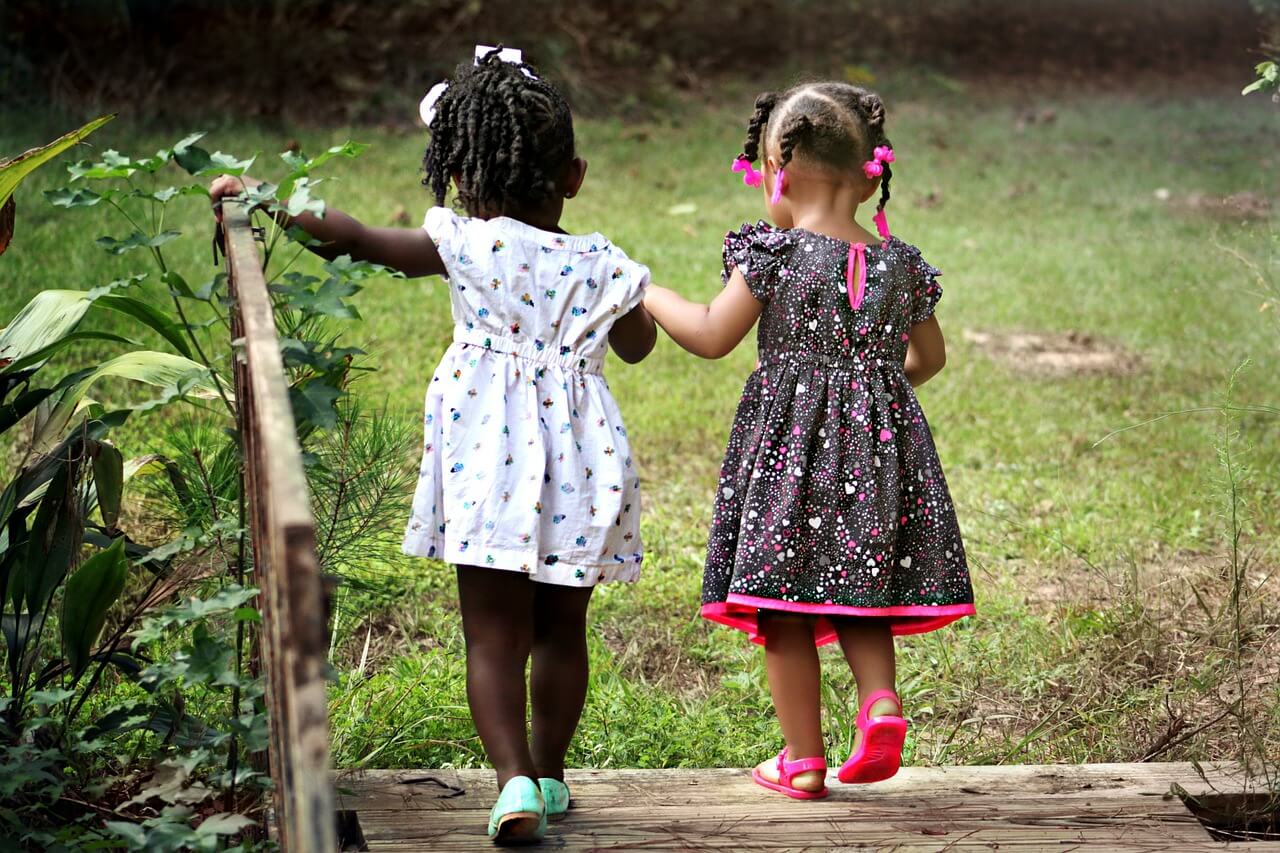
Hughes’ work looks at how parents talk to children in their early years and what this means for how children develop some of the most crucial skills of their lives. Since she began her academic career as an undergraduate in Cambridge 30 years ago, her focus has shifted from clinical groups, including children with autism, to studying social influences on two key psychological constructs – theory of mind and executive function.
Psychologists use the term theory of mind, or mind reading, to describe awareness that other people have thoughts, feelings, intentions and desires. Most children develop theory of mind around the age of four. “Without it you can’t joke, you can’t lie, you can’t get sarcasm – the many social things that hinge on what others say and mean to say,” she says.
As a result, theory of mind is pivotal to children’s ability to interact and form social relationships, but it doesn’t act alone. Along with theory of mind comes executive function – all those higher-order thinking skills such as planning, adapting plans when situations change and working memory.
“These two things go hand in glove,” explains Hughes, whose research is funded by the Economic and Social Research Council. “You need good executive function to acquire a theory of mind, because how we process information from others depends on being able to keep track of information and shift attention, and we know that poor executive function often leads to behavioural problems, which can in turn affect children’s ability to learn from social situations.”
By following a group of 117 children from toddlerhood to adolescence, and developing a new battery of tests – including an innovative ‘silent film’ task based on Harold Lloyd’s 1923 comedy Safety Last!, developed with one of her former students, Dr Rory Devine – Hughes has been able to gain a deeper understanding of how family environments shape young children’s theory of mind.
Her studies show that how parents talk to toddlers – in particular the extent to which they use words such as ‘think’, ‘believe’, ‘understand’ and other so-called ‘mental state talk’ – predicts how well children do at the silent film task when they reach the age of ten.
One of her new studies, which involves more than 400 first-time families in the UK, USA and Netherlands, aims to tease out differences in the way that fathers and mothers talk to their children. “We’re filming children at home at four, 12 and 24 months and we are now following them up at nursery at the age of three,” says Hughes. “It’s a big study, producing very rich data, and we’re using some interesting technology – including a device that’s like a talk pedometer – to get at children’s linguistic environments.”
Such detailed, long-term studies could, she hopes, lead to simple and effective tools to help parents foster their children’s theory of mind skills. Together with Professors Lynne Murray and Peter Cooper at the University of Reading, Hughes is testing a South African intervention based on reading picture books, something that’s on the decline within UK families.
“It’s been a revelation to me to see how hard some parents find it to read a picture book. Some literally just read what’s on the page, and if there are no words they just show the picture,” she says. “The South African study shows that in ten weeks you can take parents who aren’t very good at this type of reading and show them how to get their child involved.”
Testing new interventions is also central to Ramchandani’s research, not least because as well as an academic he’s also a practising psychiatrist. “I come from a medical background where you want to learn stuff so that you can do something about it,” he says.
He’s currently leading a randomised controlled trial with parents from London, Peterborough, Oxford and Hertfordshire to see if video feedback is a viable way of promoting positive child development. Over six sessions, parents are filmed playing with their toddler and the videos are then used to help parents notice – and respond appropriately to – their child’s communication.
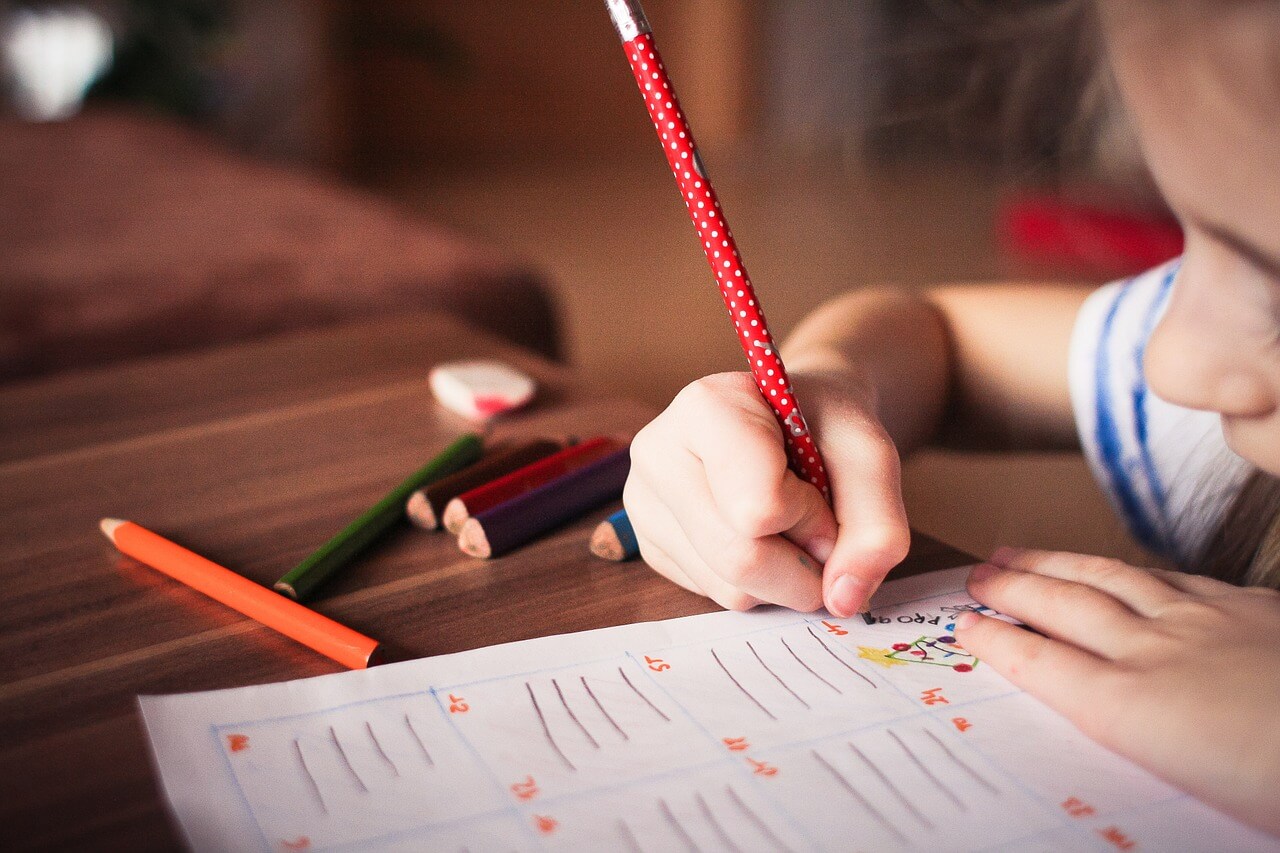
One of his long-standing areas of interest is the role fathers play in the lives of their young children, something he feels has often been overlooked. “There are obvious reasons for this – mothers are more often the primary carers and theories that have dominated psychology have revolved around the mother–child relationship – plus, over the past 30 years, most research on children’s relationships with parents has focused on mothers,” says Ramchandani.
Before arriving in Cambridge in early 2018, he conducted the first major study of depression in fathers, which revealed that paternal – as well as maternal – depression has an impact on child outcomes.
“This study got me thinking about the family constellation, about how mothers and fathers influence children, and how children influence parents too, which led to my interest in play as one aspect of those relationships.”
Since then, he’s studied the way fathers play with their babies and found that when fathers were more physically and emotionally engaged, children did better behaviourally and cognitively. “It’s striking to see how different fathers can have very different styles of interacting with their babies, even though they are very young, with some getting stuck in and leading the play, and others watching and following their child’s lead more”.
Ramchandani is Director of Cambridge’s Centre for Research on Play in Education, Development and Learning, and with the team will be looking at an even wider field of play – studying its role in learning and social development, and finding the best way of measuring playfulness itself.
“Healthy child development is a fascinating and complicated picture: a jigsaw comprising fathers, mothers, siblings and the wider world, and involving language, play, physical and psychological health and more,” adds Ramchandani. “By getting a clearer picture of how it works, we have the best chance of helping to improve children’s lives around the world.”
Article by: Cambridge University

The text in this work is licensed under a Creative Commons Attribution 4.0 International License.



